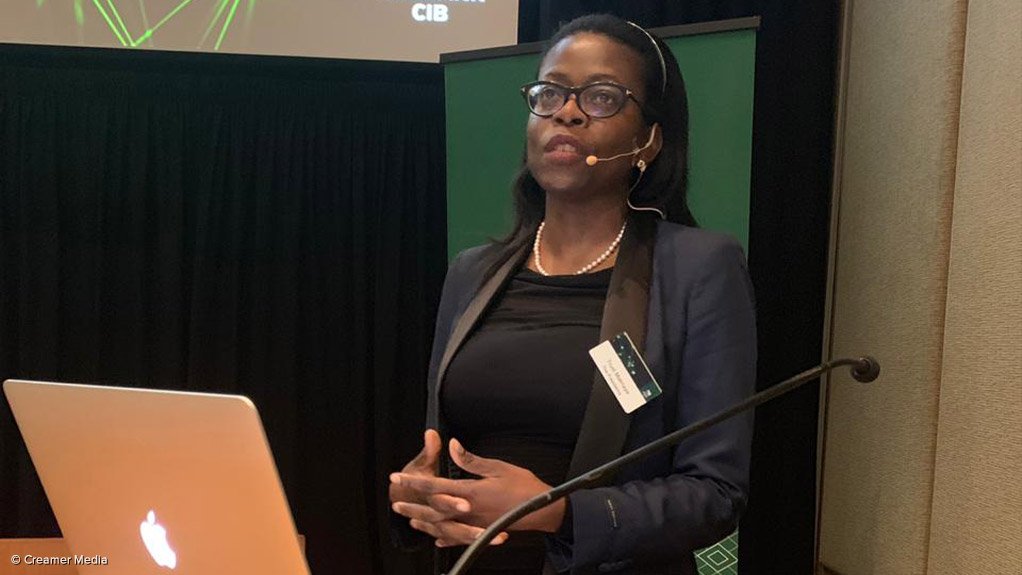CAPE TOWN (miningweekly.com) – Nurturing new forms of economic activity brought about by the green economy is important, President Cyril Ramaphosa’s economic adviser Trudi Makhaya emphasised on Wednesday.
Speaking at the fuel cell conference organised by Nedbank CIB Market Research, Makhaya said a point of rupture had been reached that required a new model of economic growth to be thought out.
“The economic story that has brought us thus far just isn’t going to do it, principally because of the climate crisis,” she added.
Resource extraction characterised by limited productivity gains and little development of local capability needed to be replaced by resource extraction coupled to increased productivity and increased local capabilities.
She said the government technology and innovation policy was crucial to economic development.
“You’re never too poor to be innovative,” she said, adding that many of the Asian Tigers were far poorer than South Africa is today when they began their industrialisation journey 50 years ago and rejected the notion that it was impossible to replicate that success story.
Investment pledges of R300-billion received by South Africa at last year’s investment conference, as part of the President’s five-year plan to raise R1.2-trillion worth of new investment, were directed mainly at expanding domestic and international businesses already in South Africa, which was important in sustaining operations and ensuring continued job creation and value addition.
However, such investment also needed to be complemented by completely new value chains and the encouraging aspect of fuel cells was that the disadvantage of being a latecomer was not present, although the window of opportunity was fast closing.
Nature remained on the side of South Africa, which still had natural resources like platinum, vanadium and manganese to drive the green economy.
“The hydrogen economy seems to be an area with all the right ingredients in place,” said Makhaya.
A clear long-term plan had been put in place through Hydrogen South Africa, skills development and significant research and development.
The Integrated Resource Plan’s shift towards renewable energy required supportive technologies, including those emerging from the hydrogen economy, and, even as it stood, it clearly signalled the country's energy direction.
In the next few months, the Department of Trade, Industry and Competition would be working on industry master plans that would bring government and industry together to think about the best way forward for particular industries.
In developing the required industrial master plans, the green economy’s importance would receive particular focus.
EMAIL THIS ARTICLE SAVE THIS ARTICLE ARTICLE ENQUIRY
To subscribe email subscriptions@creamermedia.co.za or click here
To advertise email advertising@creamermedia.co.za or click here











